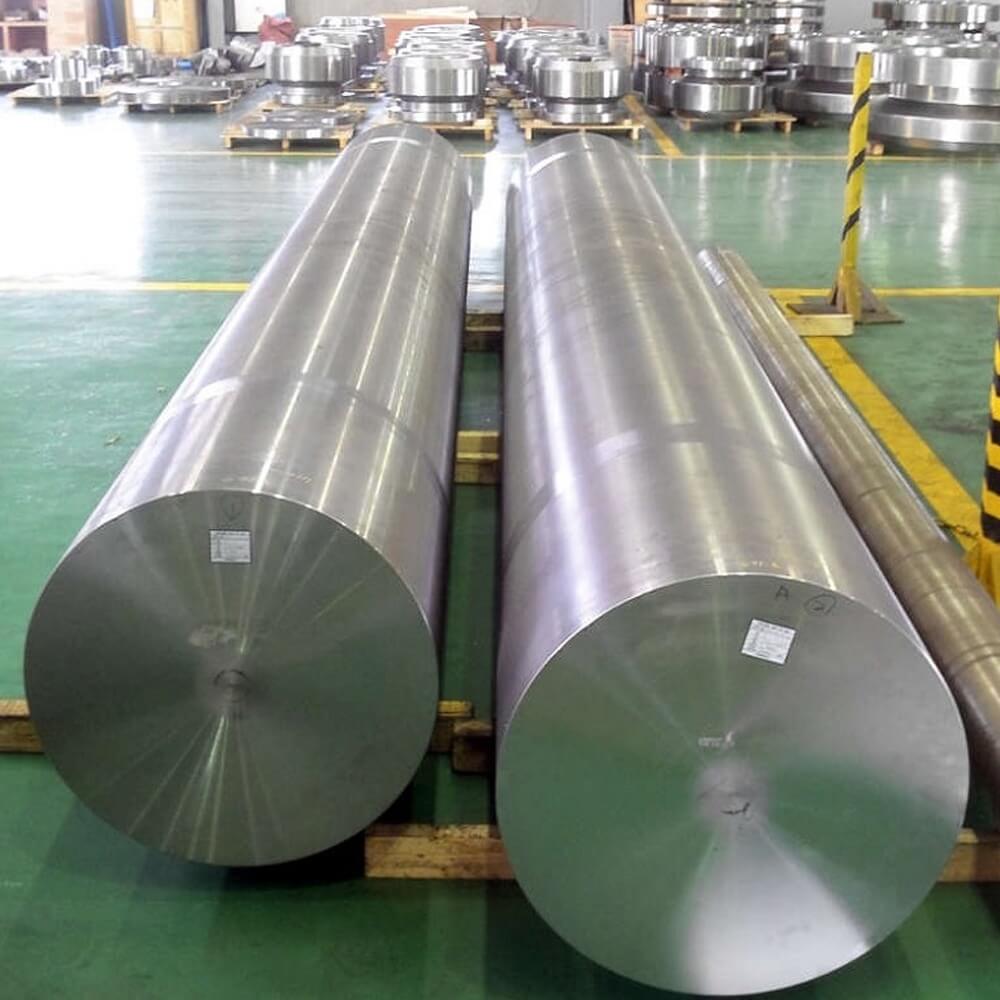Your Content Goes Here

Introduction
In the demanding field of petroleum equipment manufacturing, selecting the right material is crucial for ensuring the reliability and longevity of the machinery. AISI 4340 alloy steel bar has emerged as a top choice for many manufacturers due to its exceptional mechanical properties. This high-strength, low-alloy steel is renowned for its toughness, fatigue resistance, and ability to withstand harsh environments, making it an ideal steel for petroleum use. In this article, we will explore the benefits of incorporating AISI 4340 alloy steel bars into petroleum equipment, highlighting why factories should consider this material for their manufacturing needs.
Exceptional Mechanical Properties of AISI 4340
High Tensile and Yield Strength
The AISI 4340 alloy steel bar is known for its impressive tensile and yield strength:
- Tensile Strength: Capable of withstanding high levels of stress without fracturing.
- Yield Strength: Resists deformation under substantial loads.
These properties ensure that components made from AISI 4340 can handle the immense pressures common in petroleum extraction and processing equipment.
Superior Toughness and Ductility
Beyond strength, AISI 4340 offers:
- Excellent Toughness: Ability to absorb energy and withstand impact.
- Good Ductility: Can be deformed without losing strength, allowing for complex shapes.
This combination is essential for parts that experience dynamic loads and require durability over time.
Enhanced Hardening Capability
The alloy’s composition allows for:
- Deep Hardening: Uniform hardness throughout the material after heat treatment.
- Versatile Heat Treatment Options: Can be tailored to specific hardness requirements.
This flexibility makes AISI 4340 suitable for a variety of components within petroleum equipment.
Advantages in Petroleum Equipment Applications
Resistance to Harsh Environments
Corrosion Resistance
While not stainless steel, AISI 4340 offers:
- Good Resistance to Atmospheric Corrosion: Suitable for outdoor equipment.
- Compatibility with Protective Coatings: Enhances longevity in corrosive environments.
This makes it a reliable steel for petroleum use, where exposure to corrosive substances is common.
Temperature Stability
AISI 4340 maintains its mechanical properties across a range of temperatures:
- High-Temperature Performance: Retains strength in elevated temperatures found in drilling operations.
- Low-Temperature Toughness: Avoids brittleness in cold climates or deep-sea environments.
Machinability and Fabrication Benefits
Ease of Machining
Manufacturers benefit from AISI 4340’s:
- Good Machinability: Reduces tool wear and machining time.
- Smooth Surface Finishes: Essential for sealing surfaces and tight tolerances.
Weldability
Though caution is needed due to its hardenability:
- Weldable with Proper Techniques: Preheating and post-weld heat treatment can prevent cracking.
- Strong Weld Joints: Ensuring structural integrity of the equipment.
Cost-Effectiveness
Long-Term Durability
Investing in AISI 4340 leads to:
- Reduced Maintenance Costs: Fewer replacements and repairs over the equipment’s lifespan.
- Minimized Downtime: Reliable performance prevents operational delays.
Material Availability
- Widely Available: Easy sourcing of AISI 4340 alloy steel bars.
- Variety of Sizes: Accommodates different manufacturing requirements.
Key Components Made from AISI 4340 in Petroleum Equipment
Drill Rig Components
Shafts and Spindles
- High Strength: Withstands rotational and bending stresses.
- Fatigue Resistance: Essential for continuous drilling operations.
Gears and Couplings
- Durable under Load: Maintains performance under heavy torque.
- Wear Resistance: Prolongs the life of critical moving parts.
Wellhead and Pressure Control Equipment
Valves and Fittings
- Leak Prevention: Maintains integrity under high pressure.
- Corrosion Resistance: Extends service life in contact with crude oil and gases.
Blowout Preventers
- Safety Critical: Relies on material strength to control unexpected pressure surges.
- Reliable Performance: Protects personnel and equipment from accidents.
Subsea Equipment
Connectors and Fasteners
- High Tensile Strength: Secures components in deep-water conditions.
- Resistance to Stress Corrosion Cracking: Vital in saline environments.
Structural Components
- Supports Heavy Loads: Ensures stability of subsea installations.
- Withstands Environmental Forces: Resistant to currents and pressure changes.
Conclusion
In the competitive and challenging field of petroleum equipment manufacturing, materials that offer reliability, strength, and cost-effectiveness are invaluable. The AISI 4340 alloy steel bar stands out as an exceptional steel for petroleum use, providing remarkable mechanical properties that meet the demanding requirements of the industry. Its high tensile and yield strength, toughness, and adaptability make it suitable for critical components in drilling rigs, wellhead equipment, and subsea installations. By choosing AISI 4340, manufacturers can enhance the performance and longevity of their equipment, ultimately leading to greater operational efficiency and safety.
